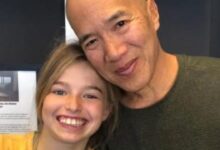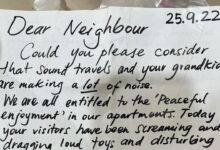Western
December 21, 2023
Why the holidays test your relationship.
Tech
August 16, 2022
Cell phones and screens are keeping your kid awake
Games
September 23, 2022
NASA and Kojima Productions Announce a Surprising Collaboration
Tech
August 16, 2022
Russian gamers race to prevent nuclear ‘war’
Games
January 16, 2024
Unleashing the Thrill of Action Adventure Games
Games
September 23, 2022


















